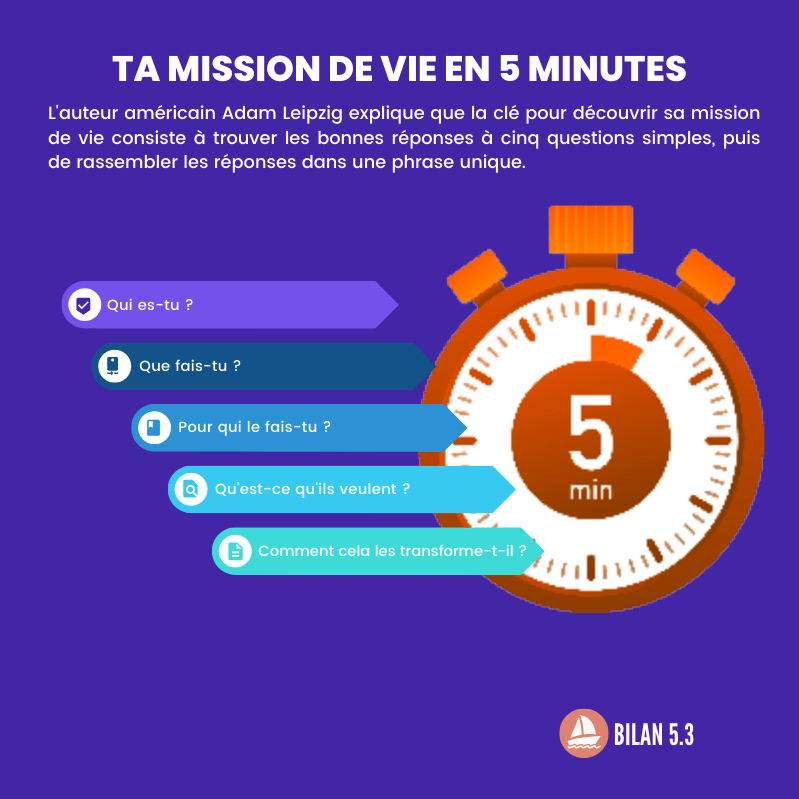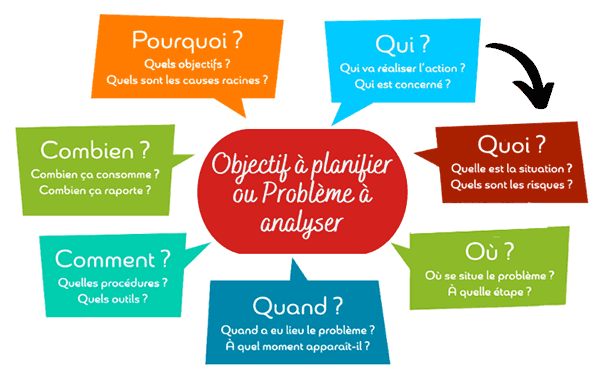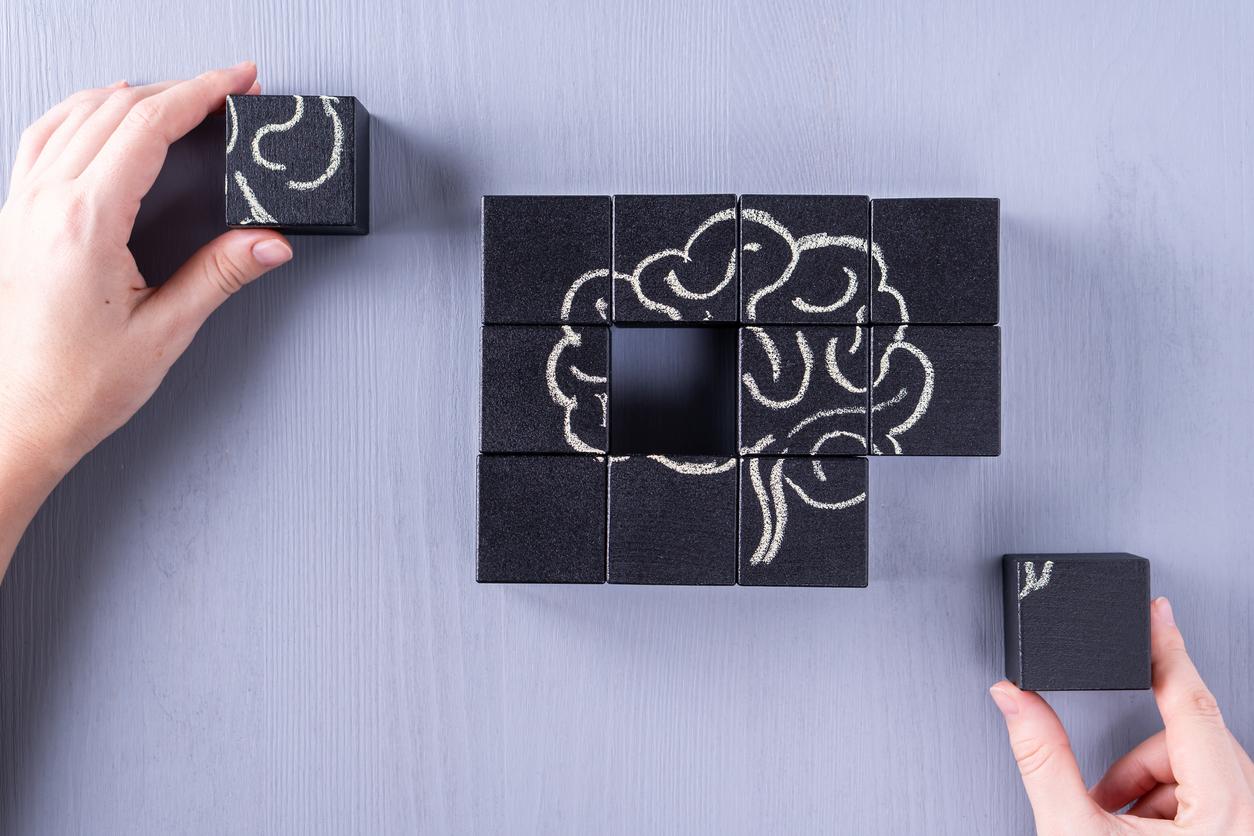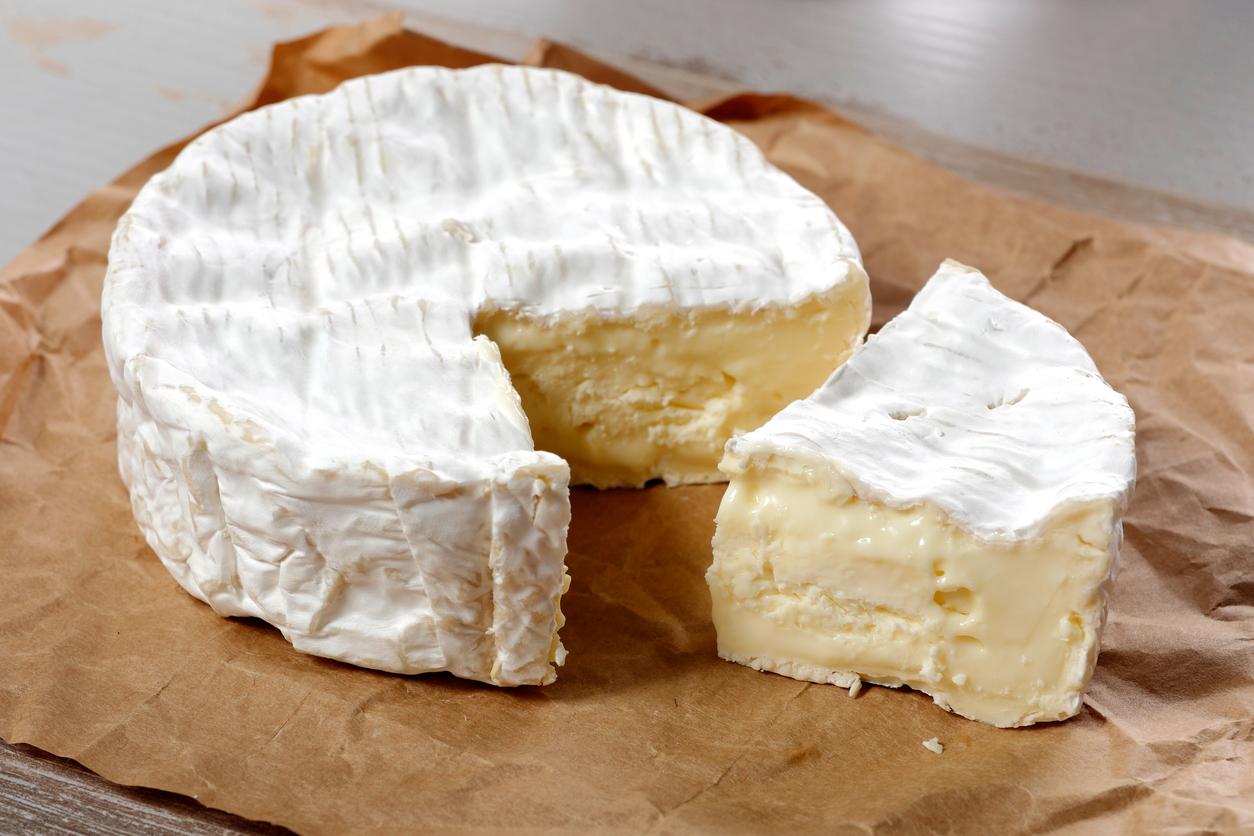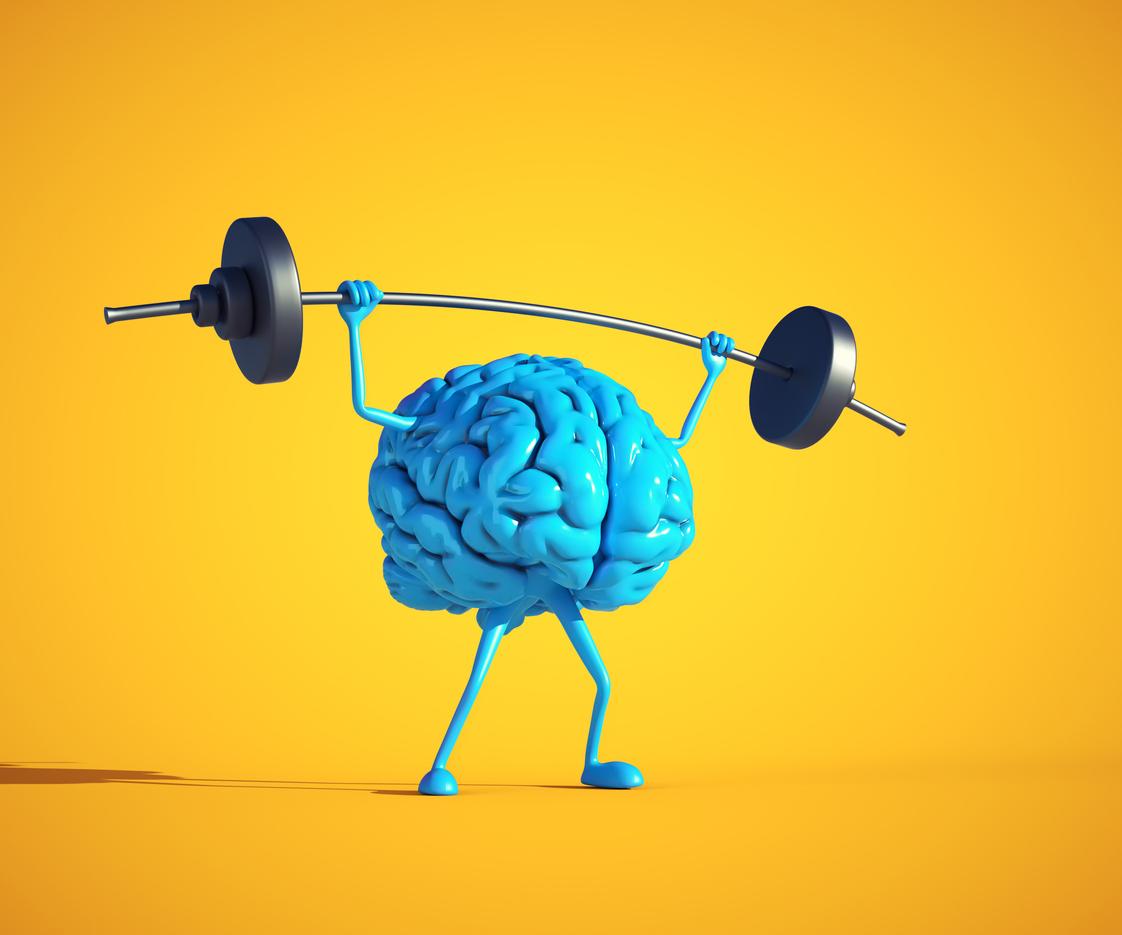Adopting a curious attitude can improve memory and learning by exercising the brain.

- People put in a curious state of mind have better memory skills than others.
- People put in a curious mindset have better memory skills than others, according to a new study.
- However, the researchers point out that the inquisitive mind is not the only method of learning.
- Choose the one that best suits the situation.
To boost your brain, adopt an inquisitive mind rather than a rushed attitude. Here are the conclusions of researchers at Duke University who studied the motivational models that promote memory and learning. They were featured in the journal Proceedings of tea National Academy of ScienceJuly 25, 2022.
Curiosity promotes memorization
To conduct this research, the scientists recruited 420 adults who were asked to imagine being art thieves in a museum. Participants were randomly assigned to two groups receiving different scenarios. In the first, called “urgent”, the volunteers were informed that they had to steal the works immediately. To the members of the curious group, they were told that they were scouting to plan a future robbery.
All participants then had to explore a museum ofart virtual with four colored doors, each representing a room. By clicking on it, they discovered a painting of the coin and its value. Some rooms contained more valuable works. The following day, the volunteers had to find in a list the paintings seen the day before. When they recognized the most valuable paintings, they got money.
“Participants in the curious group who imagined planning a heist had better memories the next day. They correctly recognized more paintings. They remembered the value of each painting. And the reward boosted memory, so valuable paintings were more likely to be remembered. We didn’t see that in the urgent group participants who imagined carrying out the heist.”says author Alyssa Sinclair in a communicated.
If the members of the “urgent” group had lower memorization scores, they were on the other hand better at determining which doors hid the more expensive rooms. So they still managed to track down more high-value paintings and their prize pool was about $230 more than that of the “curious”.
Brain and learning: a technique is not better than theother
For the research team, the difference in the two strategies and their results (better memory versus paintings of greater value) does not mean that one technique is better than the other. You just have to adopt the one that best corresponds to the objective.
“If you’re hiking and there’s a bear, you don’t want to think about long-term planning. You need to focus on getting out of there right now“says Dr. Alison Adcock, who also worked on the study. She adds that it can also be useful in less gruesome scenarios that also require short-term action, such as encouraging people to get vaccinated against Covid-19.
For his colleague Alyssa Sinclair, the study also highlights that stressing people is harmful to long-term memory. “Sometimes you want to motivate people to seek out information and remember it in the future… Maybe for that you need to put them in “curious mode” so they can actually retain this information.“



